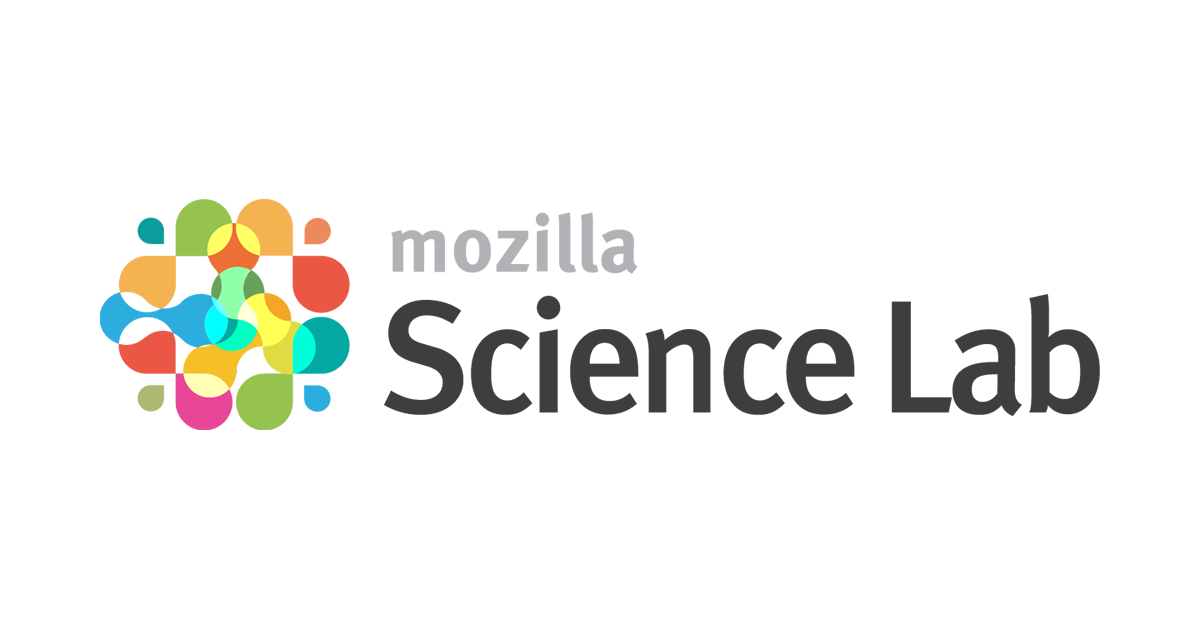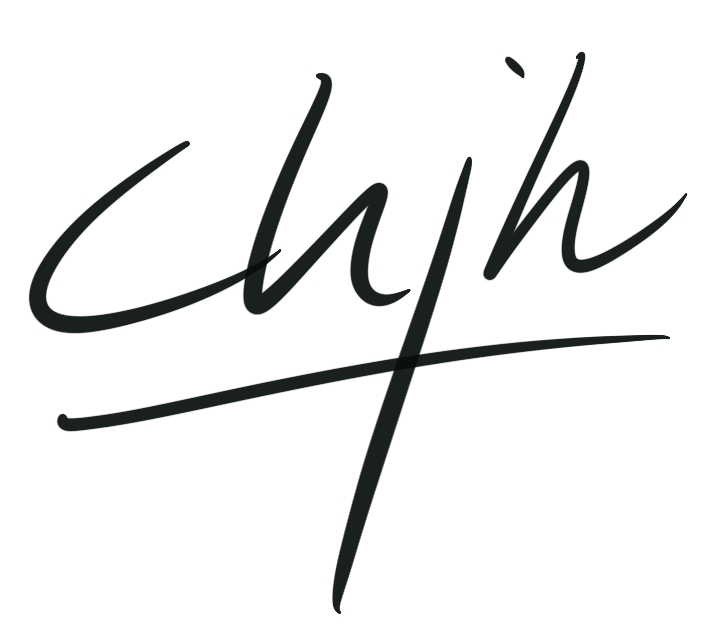The story behind the Mozilla Fellowship
A peek behind the curtain of how a career defining Fellowship started.

In 2017, I received a Mozilla Open Science Fellowship, which ended up becoming a career defining opportunity. I was able to expand my horizons beyond the academic statistics work I was doing, and started germinating ideas that, after cultivation, resulted in ResearchEquals.
This fellowship, however, almost did not happen. In this blog I share that part of the journey for the first time in writing.
Application
Around two and a half years into my PhD, I got involved with the Mozilla Science community, through their Open Leaders (OL) programme. The OL community contributed to a renewed sense of belonging and motivation, after the dreadful summer of 2016. I became resolute: I wanted to increase my efforts in improving research.
In May 2017, I applied for the Mozilla Open Science Fellowship along with almost a thousand other people from across the world. The application package included many things, including a letter of support from my supervisors. "[W]e fully support his[1] application" they wrote with conviction.
It was an unusual fellowship for academics - I would get paid directly if I got it. The letter of support was unambiguous though: “[We] approve that this means he will spend .8 fte[2] on the Mozilla Fellowship, and that his financial compensation within the Fellowship will be transferred directly to Chris.”
At this point though, I was only one out of a ~1000 applicants. I could only dream of making it beyond that point. It felt like wishing something when I was a little kid, hoping I might get a Power Ranger toy or a new LEGO set for my birthday.
In June 2017, I interviewed for the Fellowship. Here I heard I was one of thirty (!) remaining candidates. I felt grateful and lucky to be viewed in such a way by people I deeply respected and admired that I was able to make the cut. These were people I wanted to be like, as they worked on things that carried their values instead of just dragged them along behind them. They exemplified a path I wanted to be on as well.
My enthusiasm flourished when I heard, at the beginning of July, I was one of the final ten applicants. They were going to contact one of my supervisors, in order to get their take on my application. I was so nervous I even emailed that supervisor with information on who to look for in their spam folder (just in case).
It would culminate a week or two later, when I heard I would become one of two Mozilla Fellows in the cohort. I did my little jiggly dance that I do when I my joy starts seeping through - I might have even jumped around at home in delight. I don’t remember exactly how I celebrated, but I sure did.
“Thank you for supporting the application procedure; this fellowship is truly a huge influence on my future career that you are facilitating” I wrote in thanks to my supervisors.
All my notes from those days indicate is that I wrote and phoned my friends, who responded ecstaticly. “AAAAAHHHH! What a fantastic something! This is going to be something. It facilitates so much” I would end up writing in my personal diary.
Little did I know, the steps between getting the fellowship and doing the fellowship would be unexpected.
At that time pronouns were not common in my circles. I had not started my gender journey either. ↩︎
FTE: Full-time equivalent. ↩︎
Blockade
Discussions for the logistics on how to arrange everything around the Mozilla Open Science Fellowship started in the same email thread as I announced I got it. I knew there would be some bureaucracy.
The plan was clear on: keep my PhD contract until the same end date but reduce the load to 20%. The Mozilla Fellowship would pay me for 4 days of my time for ten months, which equated to 8 months full time. From the get go I told my supervisors I was not aiming for a straight-up contract extension of 8 months. I was not interested in hanging around longer. Maybe I could use (part of) the savings to further stimulate open science by way of organizing a local conference, I proposed. My supervisors were in.
By the end of July, I emailed the department head and relayed the good news. There was a brief congratulatory remark, which felt like a “Hope all is well.” Then points of order raised included things such as “it shouldn’t impede on your dissertation work” and “it shouldn’t conflict with the interests of the university.”
“I assume the university will pay your salary, as it goes with any other funding” the department head continued, apparently not informed about the details of this fellowship. I simply said this was not how this fellowship worked and I had sign-off on this before I applied. It was only later I would learn they were apparently not informed about the letter of support.
Almost a month later, near the end of August, I received an unexpected calendar invitation to further discuss this career opportunity's feasibility. A month of ambiguity, uncertainty, and hallway discussions led me to decide for myself that I would not let this opportunity slip by me. Mozilla offered me a contract, and I could only wait this long before it became void.
Regardless of my resolve, the meeting with faculty management and the HR department worried me tremendously. I was preparing until 1AM the day before. When asked by my Mozilla contact how I was doing, all I said was “Preparing.”
This joyous thing was becoming undone to such a degree it became incredibly hard to enjoy it. The way this was being received as a problem to be solved, instead of opportunity to be embraced, left me with one big lesson: Nothing is ever unambiguously positive (or negative for that matter).
After the meeting, faculty management was clear: They would not accept the fellowship. Their email informing me of this was their birthday gift to me.
Their three main objections were as follows. First, the letter of support was not properly formatted on university letterhead (I kid you not) and should have been signed by faculty management, instead of the supervisors. Second, the fellowship conditions provided too little control for the university as to the work I would conduct, which posed a risk to them.[1] Finally, they objected that it was in the university’s interest for me to finish my PhD as soon as possible, only then would I be permitted to accept the fellowship. How the final was an objection and not a wish, I do not understand to this day.
I did my task as an employee and got approval of my direct supervisors. I understand this does not abdicate me of consequences if they were not in the position to approve it to begin with. Nonetheless, being on the receiving end of all this ruined the start of a joyous occasion and turned it into a stressful one where they held this career opportunity up in the air. Why did I have to be the one resolving this if it was not a problem I caused?
Note that in these stories, there are recurring people who considered my research style a thing to control. ↩︎
Resolution
I could not help feeling like the hurdles for the Mozilla Fellowship were an after effect of the previous run-ins I’d had with faculty management. Once, they had even said to one supervisor that they needed to “get that puppy under control” (me being the puppy) - it seemed not too far-fetched to think that this was yet another vector to exert that control. Maybe they also wanted to say I was cute, like a puppy, but I imagine it was more my career stage they took a jab at. That is all speculation, but it affected me in that moment and layered the impact of this event on pre-existing dents.
Commanding me to do something is counter-productive. If you know me, I will be less controllable when you try to simply control me. The fact that they said I should finish my PhD as soon as possible, 12 months early, was ludicrous. My resolve to not accept their proposals only grew as a result of these antics, in spite of the stress hormones raging in my system.
My supervisors backed their original support of me, but our dynamics quickly deteriorated due to a difference in interests. My interest was to stay the course and making sure the Fellowship happened as-is. My supervisors wanted to manage both parties in an effort to reach a workable compromise. For me though, there was no workable compromise, hence, no process of compromising.
Despite my inner reluctance, I agreed to two weeks for diplomacy to run its course. Maybe I was wrong and my supervisors right. Maybe the university as represented by faculty management could ameliorate their position.
The university sent me their objections and I had to respond one way or the other. Not responding would have been acquiescing to the demands of the university in a legal sense. Plus, I simply promised I would respond in two weeks at the latest and my word is my bond.
Diplomacy was not leading anywhere sensible. I had to keep my promises and let my supervisors know, after they required an extension. “There was a time to play diplomat, but that time passes tomorrow as we’d agreed. […] It’s uncomfortable for me that you change the conditions of our agreement in an already stressful situation and your position of power in relation to me. It’s my future at stake here, and I fear you’re trying to maintain the peace.”
I sent my response to faculty management in unambiguous terms.
“I regret that you have not (yet) approved the Mozilla Fellowship […] Because of the timeline provided by Mozilla, I already started the Fellowship […] I look forward to hearing the conditions […] under which the original plan approved by my supervisors can still be put into place. I do not intend to defend my PhD earlier than planned or as an external PhD candidate, as I have an employment contract until August 2018.”
Sending this letter was incredibly hard. Standing firm could pull the rug underneath this tremendous career opportunity. It required all my resolution, as my supervisors considered it escalatory and emotional to stand firm.
Days passed with no remit. Maybe things happened in the background that I am not privy to - maybe not. I, ironically, had to go to the Fellowship onboarding and was out of the country when faculty management made their decision.
It was via email that I received word: All conditions would be granted. They would accept my doing the Fellowship, and reduced my contract to 20%. I never did revisit the fund for the conference, because I did not want to open a can of worms with these people ever again if not utterly necessary (spoiler: it would not be the last time). I had decided long before I wanted to get out of there, but this just added to the pile of reasons.
Thank you for reading this post in the "Stories From My PhD" series. Feel free to leave a comment below - I especially encourage you to think about some of your own stories. I write these because there are too many things that happen that we forget and never hear about - and many of our stories are worth sharing, so that we may start recognizing that we're not alone.




Comments ()